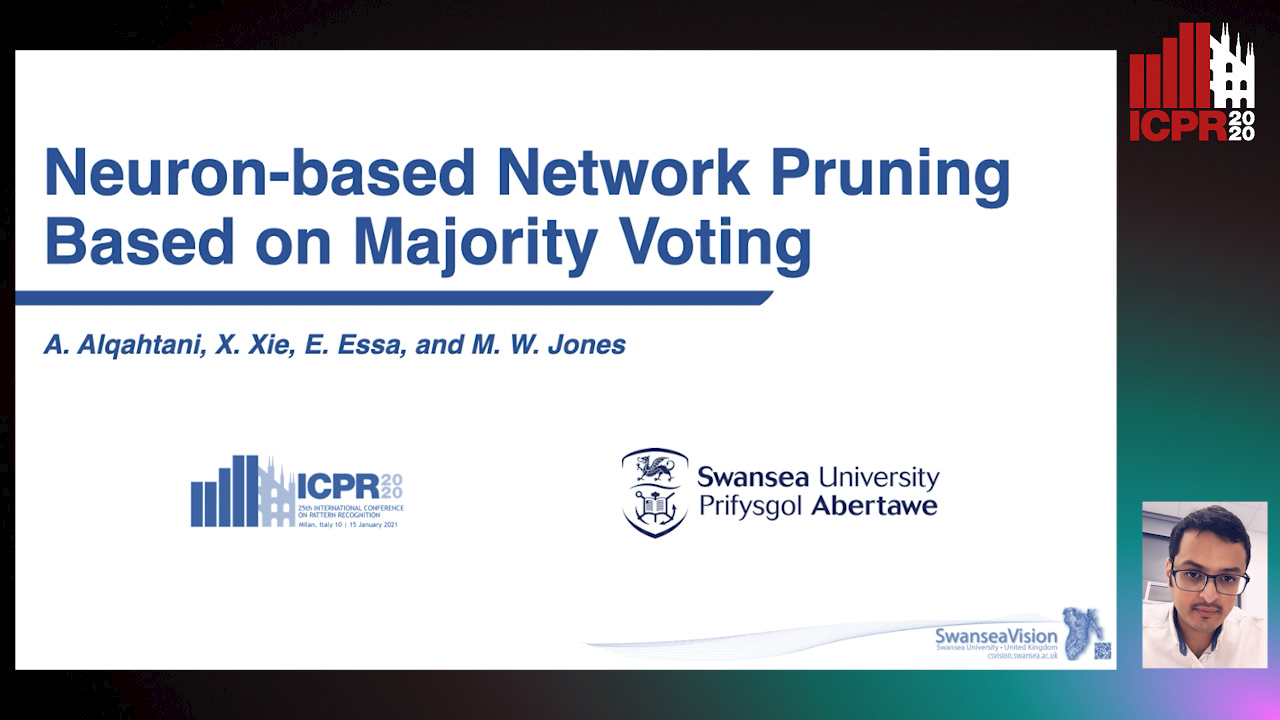Mark W. Jones
Papers from this author
MedZip: 3D Medical Images Lossless Compressor Using Recurrent Neural Network (LSTM)
Omniah Nagoor, Joss Whittle, Jingjing Deng, Benjamin Mora, Mark W. Jones

Auto-TLDR; Recurrent Neural Network for Lossless Medical Image Compression using Long Short-Term Memory
Neuron-Based Network Pruning Based on Majority Voting
Ali Alqahtani, Xianghua Xie, Ehab Essa, Mark W. Jones

Auto-TLDR; Large-Scale Neural Network Pruning using Majority Voting
Abstract Slides Poster Similar